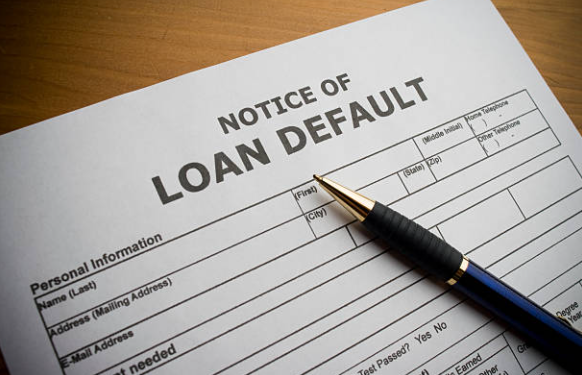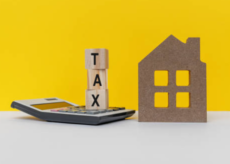What happens if you do not repay personal or quick loan?

Acquiring a loan allows you to finance your aspirations or settle commitments. This means accepting the terms of an indebtedness contract and guaranteeing its fulfillment. But, things never go as planned, always.
Have you ever wondered what happens if you don’t repay quick loan?
Uncertainty can give you a hard time, so it is certainly better to be prepared.
If you fail to meet the payment obligations, the financial institution will initiate a process that proceeds as follows:
- Upon default of the first installment it will initiate the collection of late payment fees. These are extra interest that accrue along with the principal debt.
- After the second or third installment, the debtor’s data will be placed in a database of defaulters, until the debt is paid.
What are the consequences of not paying a personal loan?
Now, what happens if you do not pay personal loan debt? Unlike quick loans; not paying the installments can ultimately lead to serious consequences.
In addition to the fact that the lender will apply default interest and report to credit bureau. If the non-payment continues, the lender may take legal action and seize your or the guarantor’s assets.
What can happen to a guarantor?
In case you are a guarantor and wondering what happens when repayment is not done, you should know that you acquire, together with the guarantor, the debt conditions defined in the loan contract.
In other words, until the debt is paid, the guarantor will be bound to all the consequences of default.
Read in detail: How to get personal loan without guarantor
What happens if the guarantor is unable to pay?
If the guarantor is unable to pay the amount of the guarantor’s debt, the financial institution that granted the loan may seek actions against the present and future assets of the guarantor.
In such a situation, all of the guarantor’s assets will be at risk of being seized until the debt is covered. From the savings, the car and even the house.
Who can be a guarantor?
There are a series of basic requirements that a person must meet to be a guarantor and others that depend on the financial institution. Below are the main ones:
- Be of legal age
- To have a stable income
- Possess bank solvency
- To have a good credit history
What is a guarantor for a loan?
A guarantor is nothing more than a contract in which a third party agrees to guarantee payment. This obligation will fall on the guarantor in the event that the guarantor is unable to pay the terms of the debt.
What to do if you cannot pay a loan?
We know that life can take unexpected turns that can make it impossible to repay a debt. If you do not have the capacity to pay, the best thing to do is to go to the lender and discuss the situation.
Author Bio:
I am Nikesh Mehta, owner and writer of this site.

I’m an analytics and digital marketing professional and also love writing on finance and technology industry during my spare time. I’ve done online course in Financial Markets and Investment Strategy from Indian School of Business. I can be reached at [email protected] or LinkedIn profile.



